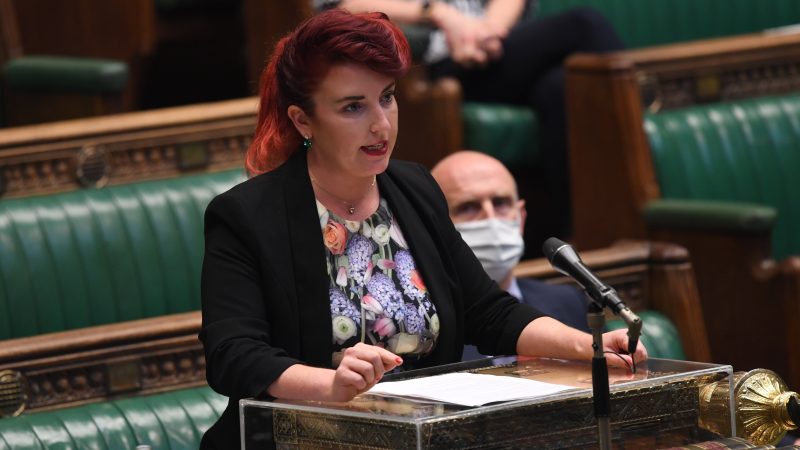
Louise Haigh has described the “brutal” hike in train fares announced today, representing the largest rise in more than a decade, as a “sick joke for the millions of passengers reliant on crumbling rail services”.
Commenting after the Department for Transport confirmed that regulated train fares will rise by 5.9% from March next year, the Shadow Transport Secretary warned that the price hike comes as families simultaneously face “soaring taxes and bills”.
She said households would now be “clobbered with a near-record rise in the eye-watering cost of the daily commute” and argued that “people up and down this country are paying the price for 12 years of Tory failure” and “will wonder what planet ministers are on if they think people can afford this”.
Regulated fares, which include most standard and saver return fares and weekly season tickets are regulated fairs, are overseen by the government. The Department for Transport insisted that the increase in fares is being imposed to support “crucial investment and the financial stability” of the rail network.
The department said the 5.9% price rise has been made in keeping with average earnings growth in July of this year – rather than the retail price index (RPI) measure of inflation as is customary – to make it “easier on family finances while not overburdening taxpayers”.
Office of National Statistics (ONS) figures for the period May to July this year showed that average regular pay growth was 6% for the private sector and 2% for the public sector. The vast majority of people have seen a real-terms pay cut, however, as inflation has far outstripped wage growth.
Season and flexible tickets can be bought at the current rate before March. Mark Harper, the Transport Secretary, claimed that the rise represents the “biggest-ever government intervention in rail fares” as he said he is “capping the rise well below inflation to help reduce the impact on passengers”.
Inflation stood at 10.7% in November according to the core consumer prices index measurement. Harper said fares would not rise in line with inflation to lessen the impact on the economy, adding: “We do not want to add to the problem.”
“This is a fair balance between the passengers who use our trains and the taxpayers who help pay for them,” he argued.
Interim general secretary of the TSSA Frank Ward argued that government ministers are “spinning this as an intervention to keep fares down” but highlighted that “they’re increasing fares by a bigger percentage than they’re willing to offer nurses, firefighters or railworkers in pay”.
“The government should have given workers the Christmas present we all want and issued a rail fares’ freeze to help us all cover our heating and eating bills in 2023. If they’re serious about the effects of inflation then it’s high time they came back to the negotiating table with a better offer for our members,” he added.
According to analysis by the Labour Party, the average commuter faces paying £3,466 for their season ticket, which is £1,272 or 58% more than in 2010.




More from LabourList
‘Labour council candidates – it’s tough, but all is not lost’
‘Labour won’t stop the far right by changing leaders — only by proving what the left can deliver’
‘Cutting Welsh university funding would be economic vandalism, not reform’